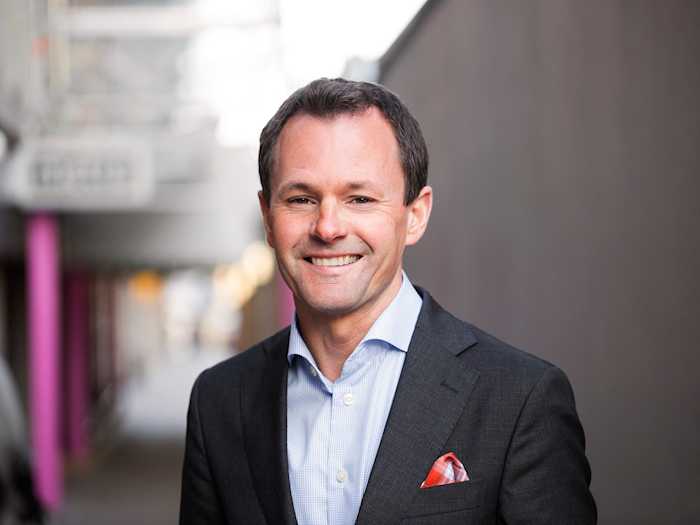An interview with Peter Lööw, Head of Responsible Investment at Alecta
Swedish pension fund leads the way in sustainable investing
The Head of Responsible Investment at Alecta reveals that there are no trade-offs when you maximize both impact and fiduciary duty.

Q: You have invested USD 100 million in a social bond that targets positive social outcomes alongside financial returns. Why did you decide to invest in this innovative debt instrument, launched by responsAbility, SIDA (Swedish International Development Agency) and Danske Bank?
A: Besides having engaged with this mix of financial actors previously with positive results, the bond met our required rate of return, while at the same time contributing to the Sustainable Development Goals. When public and private capital work together, the whole becomes greater than the sum of the parts.
Q: In contrast to many other pension funds, Alecta has prioritized sustainability for a long time. Have sustainable investments met your expectations?
A: Yes, they have. Assessing ESG aspects is a core feature in all our investments, even those that are not labeled as social or green. But our labeled investments have definitely performed as expected.
Q: Is there a trade-off between thinking about sustainability and impact on the one side, and your fiduciary mandate to your members on the other?
A: We manage pensions for 2.6 million Swedes and 35,000 companies with a mission to create value for them. And as a mutual pension fund, all our clients are also our owners. Sustainability is part of the analysis in all our investments, whether it be equity, real assets, or debt instruments, which gives us insights that might get lost if you only look at the financials. We truly believe that if you are to make an informed investment decision, ESG aspects must be considered. Also, companies that prepare and contribute to the transition to a low carbon economy, as an example, will stand a better chance of being a good long-term investment. Therefore, we really see no trade-off.
"Companies that prepare and contribute to the transition to a low carbon economy, will stand a better chance of being a good long-term investment."
Q: Switzerland is a global hub for impact investments, however some local pension funds have been slow to investing in impact strategies. What advice would you give other pension funds looking to enter the impact investing space?
A: First, it is important to come to the realization that you do not need to give up on returns just because you are entering the impact investment space. On the contrary, returns can be just as competitive as conventional investments but with low correlations to listed markets, so it can actually add to your diversification. On the other hand, the liquidity is often poor, there are risks that are difficult to assess and it can be quite resource intensive to do the due diligence. The key is finding the right partners, someone with the competence and experience that you can trust. So, either you go with asset managers that you worked with previously or you go by reference.
Q: In contrast to many pension fund portfolios, you manage your assets in-house, believing in active management, and basing investment decisions on your own research. Active portfolio management comes with higher costs, as impact investing does. Nevertheless, you operate successfully and deliver good returns.
A: Yes, we do, and a key factor is that we have concentrated portfolios and an extremely cost-efficient organization. Key factors in the procurement process are cost efficiency and the capability to generate competitive returns. We invest in what we internally call “world champion companies”, meaning that they fulfill our requirements in terms of governance, viable business model, ESG factors etc. Although the analysis phase is resource intense, we see that it really pays off in terms of us achieving returns in-excess of market indices.
Q: You describe sustainability as “an integral part of our business” and say that you want to “influence our industry’s ability to take a long-term approach and promote sustainable development." How?
A: By showing that it works. We have one of the largest portfolios of green bonds in the world and have been a successfully active investor for many years, with holdings that have been part of our portfolio for 40-50 years. This signals to the rest of the market that it can be a successful strategy. The interest in our investment model and strategy increases every year, and our CEO, Magnus Billing, is often asked at conferences and by the media to explain the rationale behind our investment philosophy. This shows that our strategy is truly anchored at the top. And finally, we cooperate with our peers and other financial actors, are a founding member of the Net Zero Asset Owner Alliance, and support initiatives such as Climate Action 100+, and the Task Force on Climate Related Financial Disclosures (TCFD), where long-termism is at the core. We do not see ourselves as cutting edge, but a conscious investor, and always try to promote long term investing. We really believe that for a company to be successful it needs to shift the focus from quarterly earnings to create long term value for its stakeholders.
